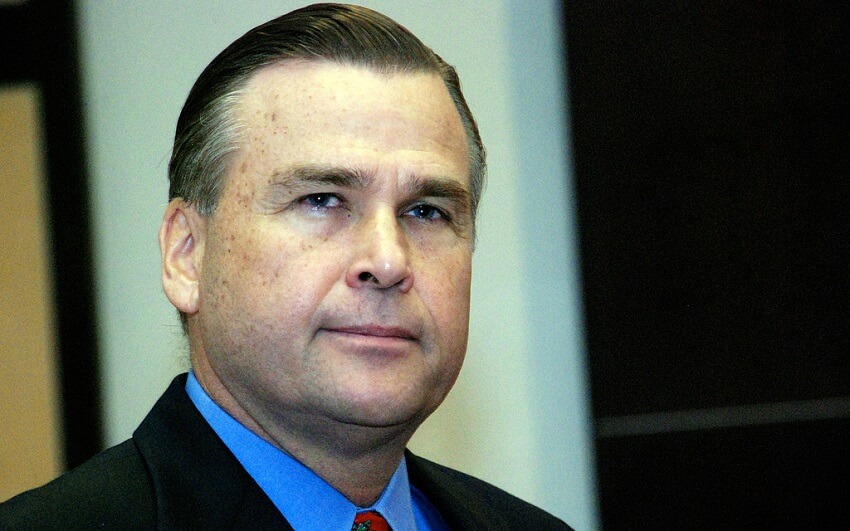Two-day CDC Nigeria HIV, TB Intervention Symposium Opens in Abuja
A two-day symposium to examine efforts made in HIV/AIDS and TB intervention by the United States Centers for Disease Control and Prevention (CDC) Nigeria in collaboration with its implementing partners began today in Abuja.
The theme of the symposium, “Partnering for Sustainable HIV Epidemic Control in Nigeria,” reflects the United States’ resolve to bring together relevant HIV/AIDS stakeholders in Nigeria to share innovative strategies, successes achieved, challenges faced, and lessons learned during the past five-year funding cycle.
Advertisement
The forum also provides opportunities for robust discussions about country ownership and the sustainability of U.S. government health interventions in Nigeria.
In his remarks at the opening ceremony, U.S. Ambassador W. Stuart Symington thanked the stakeholders for their work, emphasizing that one of the most important things that truly matter in life is “saving lives.”
He asked them to think about how they are doing in that regard. “How many people have been tested? How many are now getting treated, and how many more need to be tested? ˮ
Speaking about ownership and sustainability, Ambassador Symington said, “We know that when we make people pay for service at the point of delivery, and that service is something like care for HIV/AIDS or tuberculosis that is a counterproductive thing.” At the same time, it is absolutely essential for the citizens of Nigeria to find a way to support these services, he added. “We as a people, as a world, are committed and must stay committed to making sure that those people are not turned away and that they get care.”
Advertisement
The U.S. Centers for Disease Control and Prevention (CDC) Nigeria partners with government agencies, private institutions, universities and non-governmental organizations to improve Nigeria’s public health systems and service delivery.
Currently, more than 720,000 people are on PEPFAR-supported HIV treatment.
Approximately 4 million people have received HIV counseling and testing services in 2017.
HIV prevention messages and activities have reached over 300,000 people identified as most-at-risk, and approximately 50,000 pregnant women have received antiretroviral drugs to prevent mother-to-child transmission of HIV.



